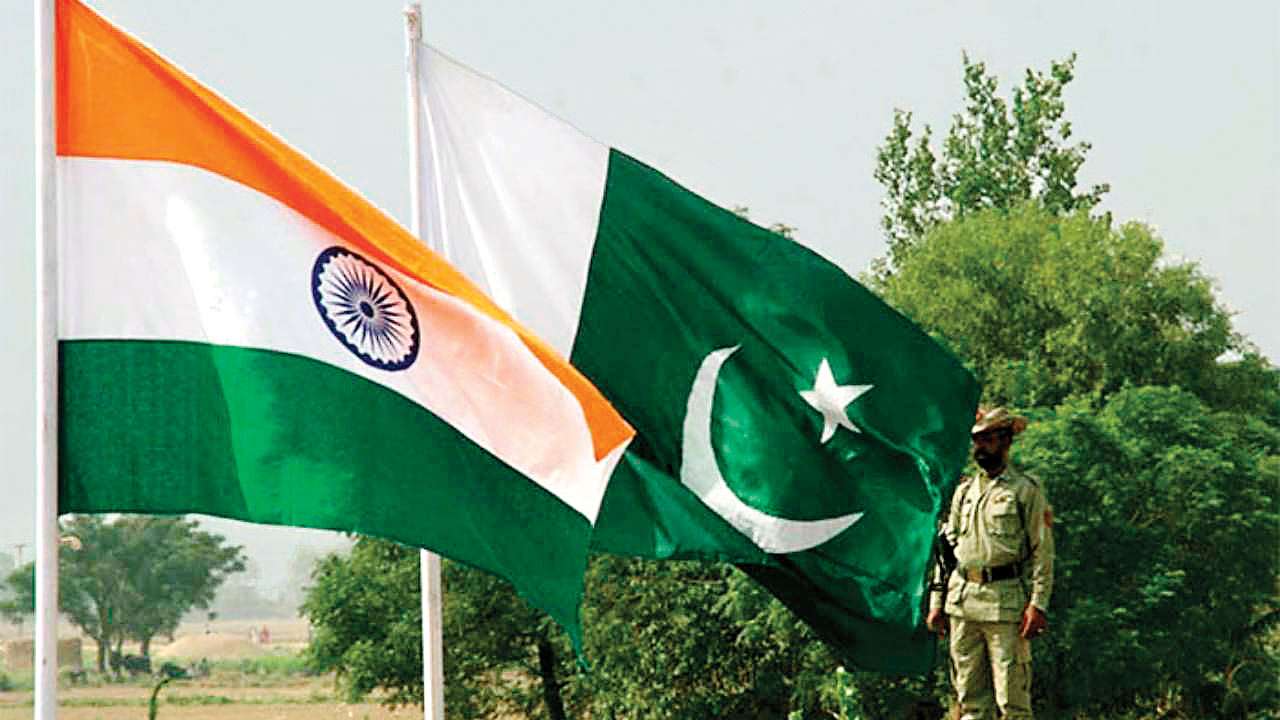
The pre-dawn air strike on the Jaish-e-Mohammed’s largest terrorist camp in Balakot, 80 km deep into Pakistani territory in Khyber Pakhtunkhwa, Prime Minister Imran Khan’s backyard, has transformed the 71-year-old paradigm around India’s strategy on combating Pakistan-sponsored terrorism.
Crossing the Line of Control (LoC) had been studiously avoided in previous conflicts with Pakistan. Even in the 1999 Kargil war, Indian air strikes had been conducted from India’s side of the LoC. Tuesday morning’s air strikes will have two broad consequences: military and electoral.
Though Foreign Secretary Vijay Gokhale has termed the strikes “non-military and pre-emptive”, they were non-military only in the sense that they did not target Pakistan’s military installations. However, since terror groups like the JeM, LeT and Hizbul Mujahideen are arms of the Pakistani military, the reported killing of hundreds of Jaish terrorists will send the strongest message the Pakistani army has received in decades.
The cost of terrorism has just gone up manifold. No longer can the Pakistani army’s sponsored, funded and armed terror groups attack Indian targets at will without paying a heavy price. The precise damage done to terror camps in Pakistan will soon emerge with greater clarity. But there is no doubt that the days of Pakistan-based terror groups enjoying relative immunity from strong Indian retaliation are over.
The second consequence is obviously electoral. With less than six weeks to go before the first phase of the 2019 Lok Sabha election, the conclusion is inescapable: this alters the chemistry and mathematics of the election. Much now depends on how Pakistan reacts to the successful Indian strikes. If it downplays their impact, it can avoid escalation of the conflict. India has been quick to brief the envoys of all major powers about the pre-emptive nature of the strikes against a legitimate new terror threat from the Jaish. Pakistan says it will approach the United Nations. That move will go nowhere since four permanent members of the UNSC — the United States, Britain, France and Russia — have firmly backed India.
In the coming days, as attention shifts to electoral campaigning, opposition criticism of the government’s action, currently muted, will emerge. Unity over tackling Pakistan-sponsored terrorism has always been tenuous. It is unlikely to hold for long now.
After the 9/11 terror attack on the United States in 2001, the country rallied behind President George W Bush. Democrats and Republicans spoke in one voice. The retaliatory “shock and awe” US air attack on terrorist hideouts in Afghanistan was supported across the American political and media spectrum.
Unless a nation presents a united front, terrorism will not be defeated. In the US there hasn’t been a single major terror strike on the mainland by Al-Qaeda or the morphed Islamic State (IS) since 2001. In India, after every terror attack by jihadi groups based, trained and funded by Pakistan, recriminations start. Opposition parties feign support but within days visceral politicking begins.
The air strikes come at an unexpected time for the opposition. Congress President Rahul Gandhi had acquired a spring in his step. The introduction of Priyanka Gandhi-Vadra into formal politics had created euphoria among Congress workers, especially in Uttar Pradesh. The Pulwama strike took place four hours before Priyanka was scheduled to address a press conference. Wisely, she cancelled it, speaking for just two minutes to condemn the attack, details of which were just filtering in.
The Congress party leadership now fears that Tuesday’s air strikes have fundamentally altered the arithmetic of the 2019 Lok Sabha election in favour of the BJP. The fear is two-fold. First, that public outrage is so strong that national security has now become a key electoral issue, overshadowing the Congress’ attack on jobs and rural distress.
Second, with less than 45 days to go before the first phase of a multi-phase Lok Sabha poll begins (in 2014, the first of seven phases was held on April 7), the impact of the air strikes on public sentiment will last well into the elections.
There was always an inevitability of the Modi government taking strong military action against terror assets inside Pakistani territory. The United States has unrivalled access to global intelligence inputs. When asked about India’s likely response to the Pulwama terror attack last Friday, President Donald Trump told reporters enigmatically that India was “looking at something very strong”.
Prime Minister Narendra Modi meanwhile said little specifically except underlining that it was time for action and the time for talks was over. He added that he had given the armed forces a free hand to act. It is now known that the go-ahead for action against the JeM terror camp was given by the Prime Minister just days after the Pulwama terror attack on the CRPF convoy.
In an interview to a newspaper eight days before the Pulwama terror attack, Rahul had displayed his new combative role with gusto: “Mr Modi’s credibility is gone. Do me a favour, when you go out of here, when you stop at a red light, look at someone who is not really rich, and say ‘chowkidar’, and see if he answers ‘chor hai.’ When I am riding around Delhi, I hear them saying, ‘chowkidar chor hai.”
That is an epithet unlikely to resonate well in public discourse today.
The writer is an author and publisher